Brand: Yiying Packaging
Place of Origin: China
Delivery Time: 30 days
Capacity: 300 tons/week
Food packaging roll film finds widespread application in various food categories, including but not limited to:Snack foods like chips, nuts, and cookies, Frozen foods like meats, seafood, and vegetables, Beverages and dairy products like bagged milk, juices, and yogurts, Condiments and dried goods like seasoning packets, tea, and dried fruits
Key Features
1.Barrier Properties
2.Temperature Resistance
3.Flexibility and Durability
4.Printable Surface
5.Sustainability
6.Cost-Effectiveness
Plastic Roll Film Packaging: Definition, Uses, Types, and Advantages
Plastic roll film packaging refers to a flexible, continuous length of plastic material, typically PE, PP or other polymers. It is wound into a roll format for convenient handling and use in various packaging applications. This versatile packaging solution offers a wide range of benefits, making it a staple in the plastic industry and beyond.The roll stock has various structure and is suitable for all automatic packaging equipment; different structures can be designed according to different products; suitable for fully automatic filling.
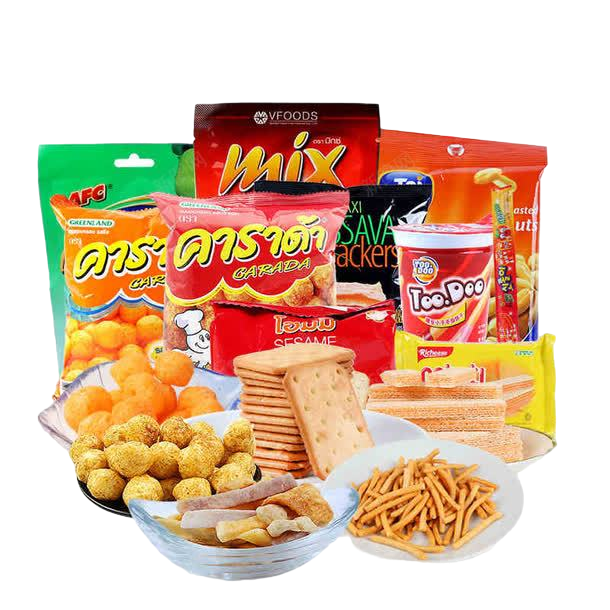
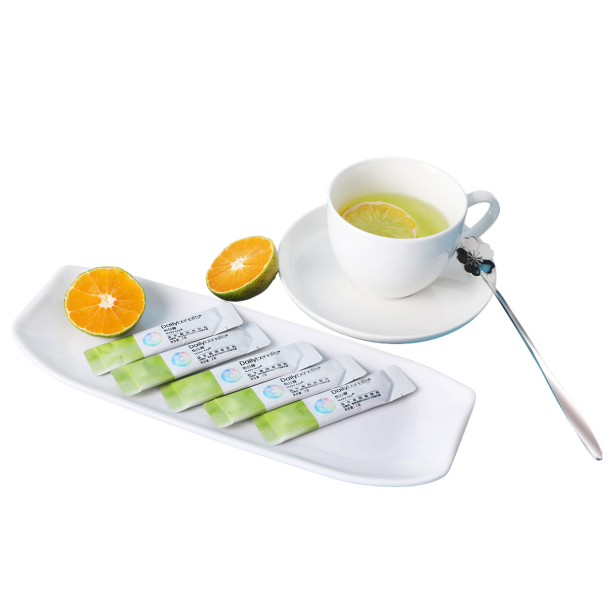
The uses of plastic roll film packaging are extensive and diverse, spanning across multiple industries. Some of the primary applications include:
Food & Beverage Industry: Roll films are ideal for wrapping, bagging, and sealing food products such as snacks, bakery goods, meats, dairy products, and fresh produce. They provide an effective barrier against moisture, oxygen, and contaminants, preserving product freshness and extending shelf life.
Pharmaceutical & Medical Sector: In the pharmaceutical and medical industries, plastic roll films are used for sterile packaging of drugs, medical devices, and personal care products. Their tamper-evident and moisture-resistant properties ensure product safety and integrity.
There are several types of plastic roll film packaging, each tailored to specific needs and applications:
Single-Layer Films: Basic, single-layer films offer good barrier properties and are suitable for general-purpose packaging.
Multi-Layer Films: Constructed from multiple layers of different polymers, multi-layer films provide enhanced barrier protection against moisture, oxygen, and other elements, making them ideal for sensitive products.
Co-Extruded Films: Co-extruded films are produced in a single process, where multiple layers of plastic are simultaneously extruded and bonded together, creating a strong and uniform structure.
Biodegradable & Compostable Films: These eco-friendly options are designed to degrade naturally in soil or composting facilities, reducing environmental impact.
Specialty Films: Including heat-sealable, anti-fog, and UV-resistant films, specialty films are engineered to meet unique packaging requirements.
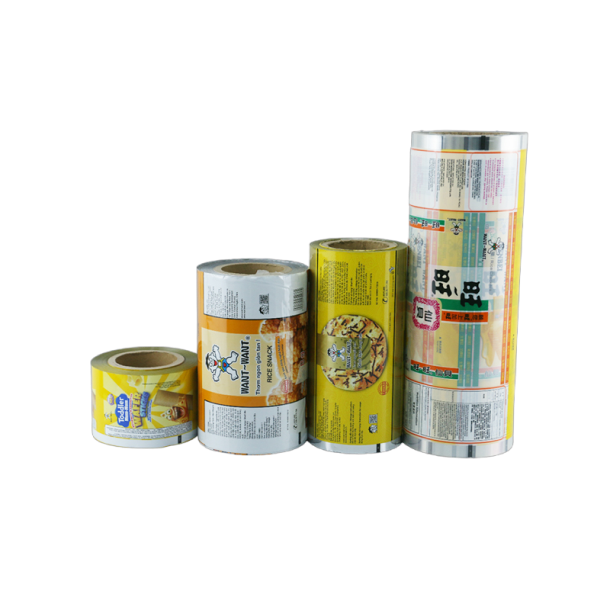
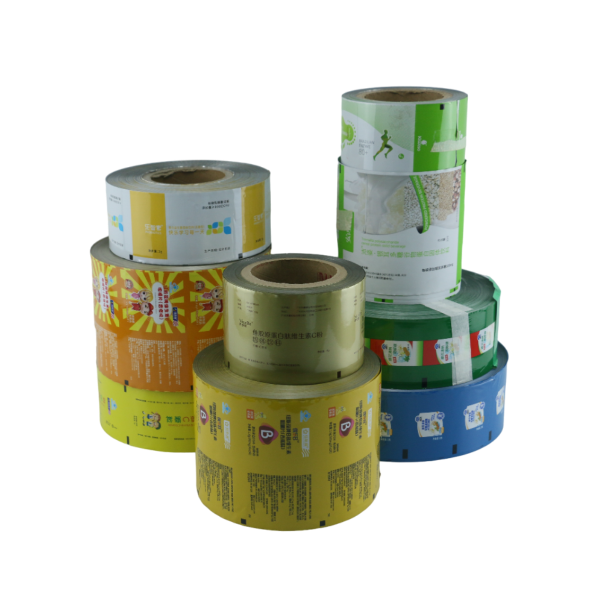
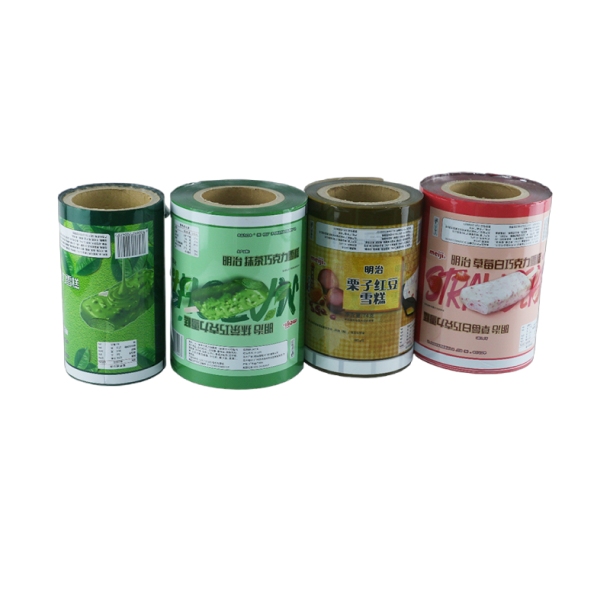
Versatility: Plastic roll films can be customized in terms of thickness, width, length, and material composition to fit a wide range of packaging needs.
Cost-Effectiveness: Roll films offer a cost-efficient packaging solution, particularly for large-scale production runs.
Durability & Protection: They provide excellent barrier protection against moisture, oxygen, and contaminants, ensuring product freshness and integrity.
Ease of Use & Automation: Roll format facilitates seamless integration into automated packaging lines, reducing downtime and enhancing productivity.
Environmental Options: With the availability of biodegradable and recyclable options, plastic roll film packaging can be made more environmentally friendly.
